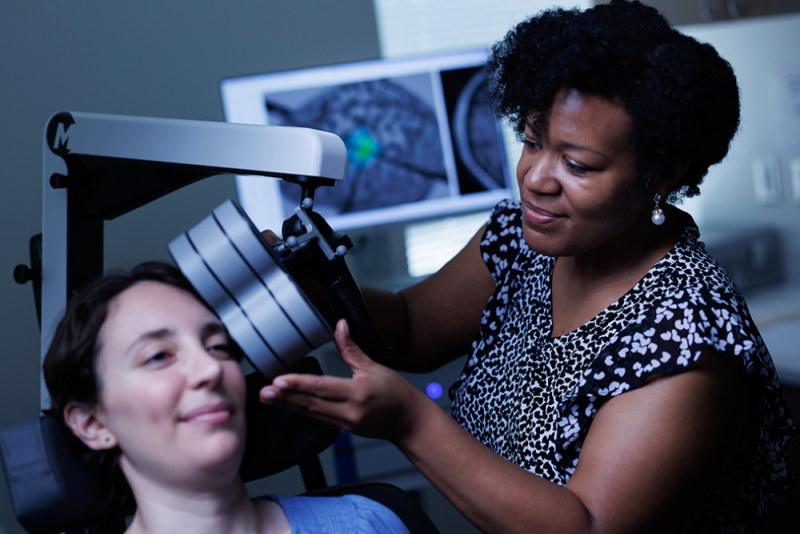
The “munchies” are a common cultural punchline, but for Duke University School of Medicine clinical neuroscientist Tonisha Kearney-Ramos, PhD, they signal a deeper issue. With chronic cannabis use, natural appetite fades and users may eat only when under the drug’s influence.
More than 19 million Americans show signs of cannabis use disorder(CUD) — cravings, withdrawal symptoms, and difficulty quitting. Nearly 30% are young adults, aged 18 to 25.
As access to recreational and medical cannabis grows across the country, so does the need for treatment. But existing options—like cognitive behavioral therapy and contingency management—often fall short.
“If you come to see me in my clinic for cannabis use disorder, I don’t have much with a solid evidence base to help you,” said Gregory Sahlem, MD, an associate professor in the Duke Department of Psychiatry & Behavioral Sciences, who is trying to change that.
He and Kearney-Ramos, an instructor in psychiatry and behavioral sciences, have spent nearly a decade exploring a new option: using targeted magnetic pulses to retrain the cannabis-addicted brain.
Read the Full Article in Magnify
This article was published in Magnify, the Duke University School of Medicine's online magazine, on August 13, 2025.